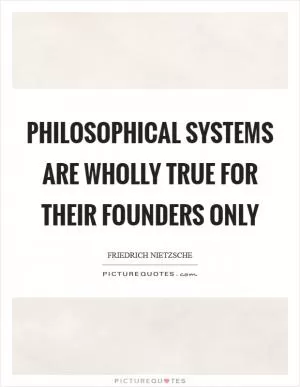Convictions are more dangerous enemies of truth than lies

Convictions are more dangerous enemies of truth than lies
Friedrich Nietzsche, the renowned German philosopher, is often quoted as saying, “Convictions are more dangerous enemies of truth than lies.” This statement encapsulates Nietzsche’s belief in the importance of questioning and challenging one’s beliefs in order to uncover the truth. Nietzsche was a staunch critic of dogmatism and the blind adherence to established beliefs, arguing that such convictions can hinder the pursuit of knowledge and prevent individuals from seeing the world as it truly is.Nietzsche believed that convictions, or deeply held beliefs, can act as barriers to the discovery of truth because they limit one’s ability to critically examine new information and perspectives. When individuals are convinced of the absolute truth of their beliefs, they are less likely to engage in open-minded inquiry and may dismiss contradictory evidence or alternative viewpoints. This closed-mindedness can lead to the perpetuation of falsehoods and the suppression of dissenting voices, ultimately hindering the search for truth.
In Nietzsche’s view, lies are less dangerous enemies of truth than convictions because lies can be exposed and refuted through critical analysis and investigation. Lies are external to the individual and can be identified and challenged through the application of reason and evidence. Convictions, on the other hand, are internal to the individual and can be deeply ingrained in one’s identity and worldview. This makes convictions more insidious enemies of truth, as they can shape one’s perception of reality and influence one’s actions without being subject to scrutiny.
Nietzsche’s critique of convictions as enemies of truth is rooted in his broader philosophy of perspectivism, which holds that all knowledge is subjective and contingent upon the perspective of the knower. According to Nietzsche, there is no objective truth that exists independently of human interpretation, and all claims to absolute truth are ultimately based on subjective beliefs and values. By recognizing the fallibility of our convictions and remaining open to alternative perspectives, Nietzsche believed that we can approach a more nuanced understanding of reality and avoid the pitfalls of dogmatism and ideological rigidity.












 Friendship Quotes
Friendship Quotes Love Quotes
Love Quotes Life Quotes
Life Quotes Funny Quotes
Funny Quotes Motivational Quotes
Motivational Quotes Inspirational Quotes
Inspirational Quotes